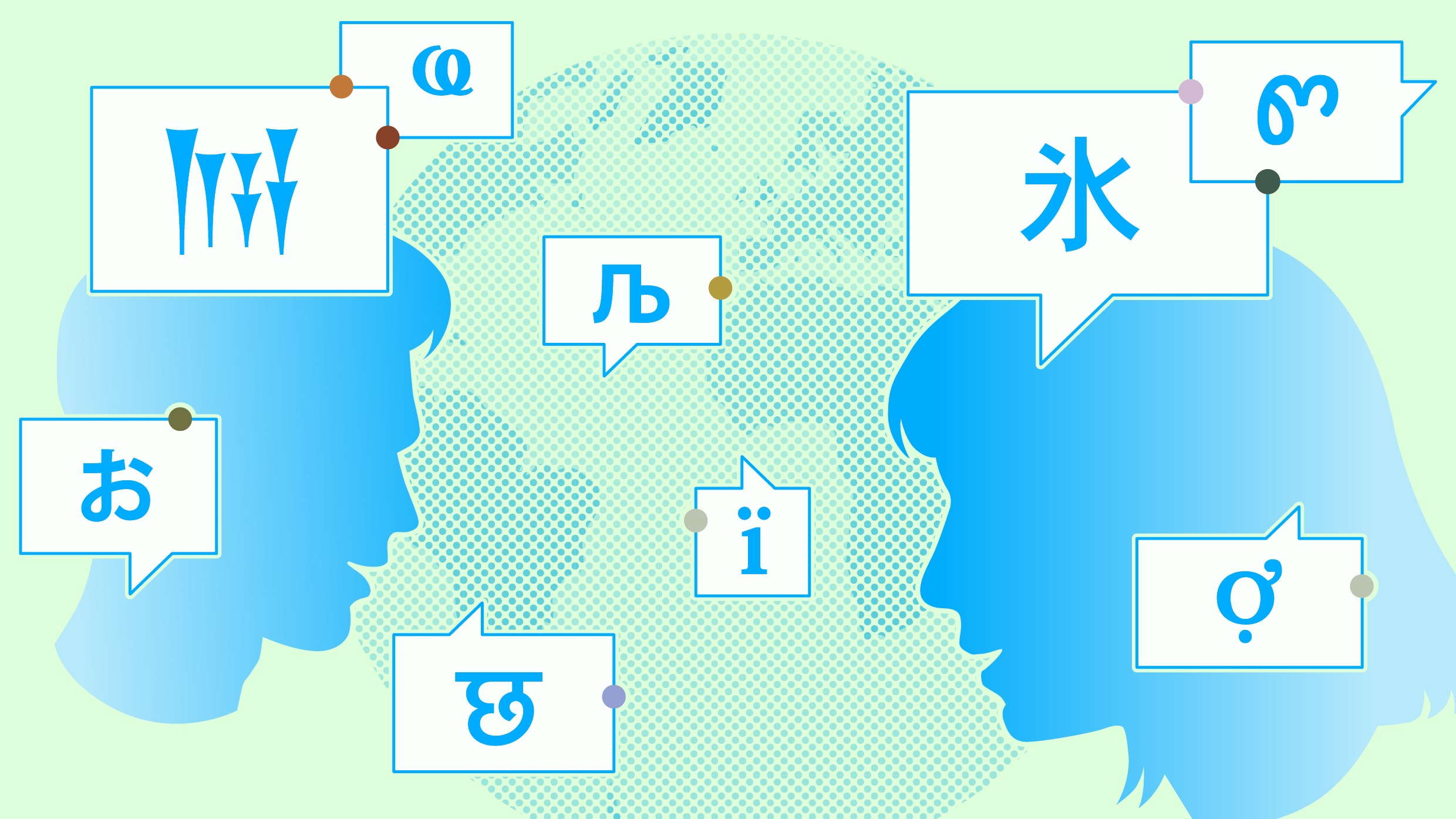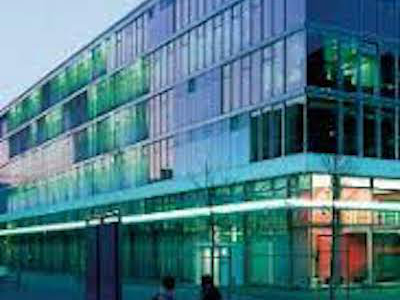Comparative Linguistics

What is Comparative Linguistics?
Linguistics is the scientific study of language. Comparative Linguistics is the study of human language as a species-specific phenomenon in all facets of its occurrences. Why are languages the way they are? How come there are both remarkable similarities and extreme differences in the languages of the world? How do languages change? Comparative Linguistics is chiefly interested in general patterns that shape each and every language, both in their current structure (synchrony) and in their historical developments (diachrony). In other words, Comparative Linguistics is a discipline that seeks to formulate general principles of language. As such it differs from language-specific programs like German Studies, Slavic Studies, etc. (in German: Germanistik, Slawistik, etc.), which seek to understand an individual language in itself.
Prospective students
Prospective students should consider the department's foci on theory and on qualitative and, particularly, quantitative analyses in the scientific study of language. These foci presuppose a strong interest not only in languages per se, but also a strong commitment to the acquisition of a wide range of analytical and statistical methods and various computational and technical tools.
What will I learn?
In the study of language change, core topics include mechanisms and causes of language change, both in specific geographical-cultural areas (with Indo-European as one major point of interest) and worldwide across diverse families. In the area of language processing, the program puts special emphasis on grammar and phonology, while the courses on language ontogeny focus on cross-linguistic and individual variation in how children acquire language. All courses give special importance to methodology.>
A wide variety of electives complement the basic courses, fostering in-depth knowledge and skills in different areas. This includes building up an adequate language portfolio consisting of (Indo-)European and non-European languages, skills in data acquisition and data management (compilation, selection, annotation of corpora, as well as familiarity with ethical and legal issues; development and use of linguistic databases), data analysis (techniques of quantitative analysis, data processing, and basic scripting), quantitative methods (statistical modeling) as well as in-depth qualitative structural analysis.

